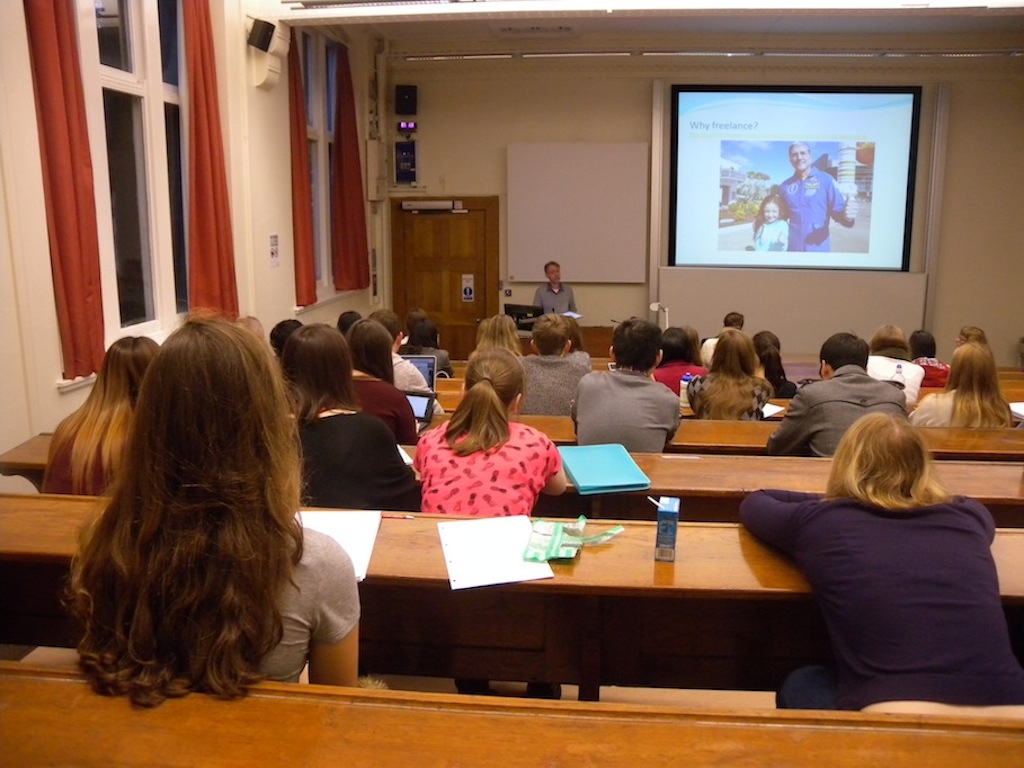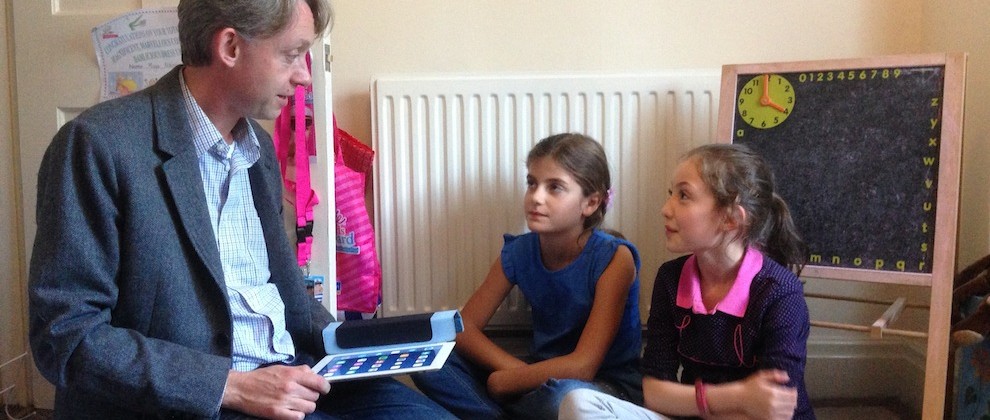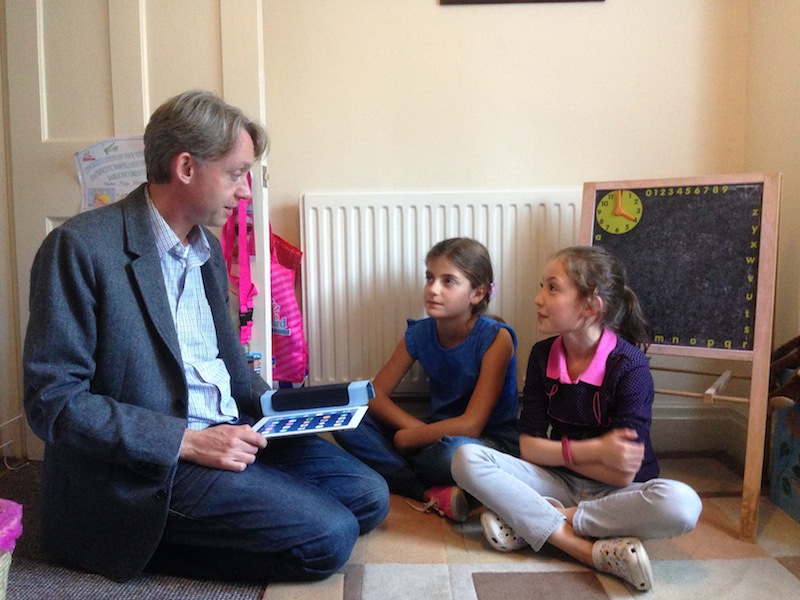
* Images by Vicente Schulz
It was National Freelancers Day this week.
I marked the day with a return trip to my old alma mater, Leeds University, to talk to the media students [pictured above] about going freelance and travel writing as part of the #LeedsMediaFutures series.
It was a sparky session, comprising both post- and undergraduates, with lots of good questions.
I’ve got a real soft spot for Leeds. My first ever published article was a review of a Mudhoney gig at Leeds University in 1992 and my time working for the Leeds Student newspaper helped me to build my portfolio of cuttings.
This in turn helped to secure me a place on a postgraduate journalism course in London back in 1994.
I’ll save the whole lecture for the Leeds group but here’s a glimpse of what I discussed, looking specifically at how to get started as a freelancer journalist:
- The onus is on you, so do a good job. Stick to deadlines, word counts and follow the brief
- Look for fresh angles and new ideas. Stand out as editors get some 50 pitches per day
- Journalism is moving online, so build digital skills – leverage the strengths of the medium and build community
- Start with what you know. Pick a publication you read regularly and look for regular sections to fill
- Spin off angles on the same story for different publication
- When you file your copy, follow up with a fresh new idea
And here are some of the comments from the group when I asked them to jot down some feedback after the lecture:
- “I found that going freelance is being a jack of all trades; not just climbing the ladder but spreading your wings. It stretches your mind and challenges you to think differently.” – Evelyn Robinson (puravidastudent.com)
- “Interesting points on how to pitch an idea and how to come up with a story if you are struggling. Would like to know if the blogosphere is already saturated?” – Rory Dormer (sunburntabroad.blogspot.co.uk)
- “In freelancing, the scariest thing is, and perhaps always will be, the uncertainty.” – Jenson Deokiesingh (trinitraveller.wordpress.com)
- “You were very honest and didn’t pretend you haven’t struggled at times with freelance work. I liked the way you shared tips or ideas that could help but that we hadn’t necessarily thought of ourselves.” – Lily Connagher
Gazetteer
Leeds University School of Media and Communication
National Freelancers Day 2014
What tips would you offer a student journalist looking to go freelance? Share your comments below.




